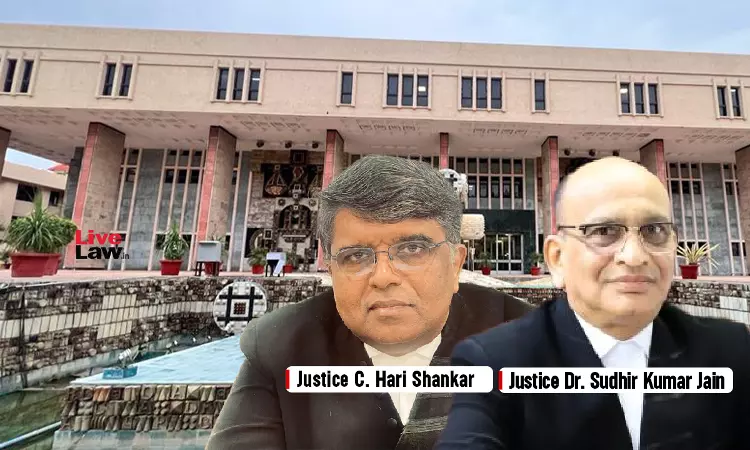A Division Bench of the Delhi High Court comprising Justices C. Hari Shankar and Sudhir Kumar Jain upheld the decision of the Central Administrative Tribunal reaffirming that Office Memorandum could not supersede the Statutory Rules. It observed that the Office Memorandum being a statutory instruction can supplement the Statutory Rules, however, it cannot override or supersede the...

